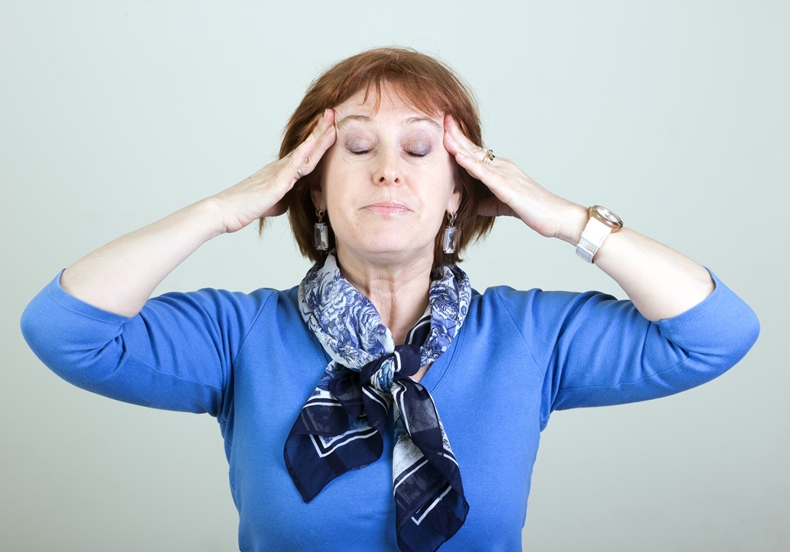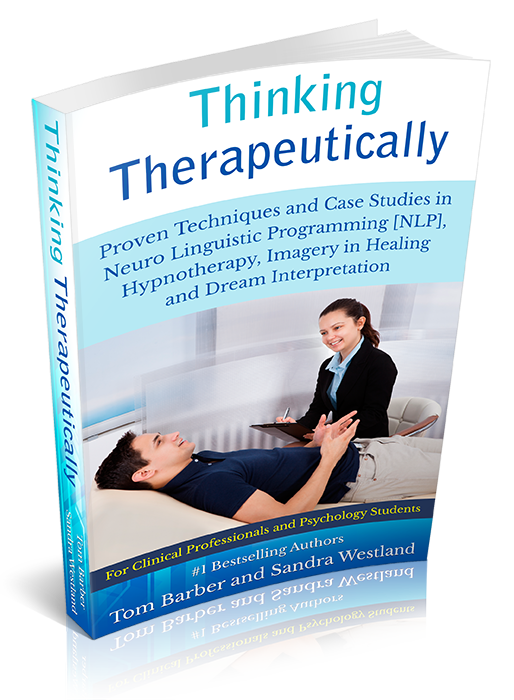Is stress making you feel tense, or on-edge?
Stress can feel like it’s taking over when we feel stretched beyond what is (or feels) natural to us, or what we can cope with. It is seen as a force coming from outside of us. ‘If only they hadn’t done that, or asked me to do that, I wouldn’t feel so stressed’. ‘If only that bill hadn’t come in this month’, ‘If only he hadn’t got angry with me, ‘If only the days were lighter, and the weather sunnier’.
In fact, stress comes from how our body responds to what is happening around us and to us.
There are 2 aspects to any situation that is causing stress:
- What is actually happening.
- Your reaction to what is happening.
Another bill dropping through your letterbox, a presentation to prepare, a new job to find, or the kids not wanting to go to bed, are all everyday kind of situations. What the key determinant to the degree of stress you experience is how you react to these situations. This is unique to you, and will be the deciding factor of your stress levels.
As an example, let’s say two people get made redundant. One may see this as an opportunity to do something new and to re-evaluate their life, while another might become overwhelmingly stressed because there are bills and mortgages to pay, healthcare costs, food to buy, college of university costs, and their list goes on. It is the same event … but two very different reactions.
If you have too many events where your reaction is that of feeling stressed, then this has consequences on your physical, psychological and emotional health. You may find that you begin to experience powerful emotions such as anger, frustration, fear, despair, hurt, sadness, hopelessness, or depression … all the possible effects of prolonged stress.
Catching the Early Signs
If you can catch the early signs that you are becoming stressed then you can make some changes, before your heart rate starts to run at a continually raised pace, your blood pressure gets stuck at dangerous levels and/or your immune system begins to break down.
Catching the signs early is also vital to your clarity of mind, as stress also makes it difficult for you to make clear decisions. It interferes with you having focus on the problems at hand, and finding solutions. You can see how easy it is to get trapped in the cycle, not feeling there is any way out!
What can you do about stress?
Step 1: Recognise your signs of stress. Get to know the signs that you are becoming stressed. Do you find you are smoking more, eating more or less, are unable to sleep, biting your nails, experiencing headaches, suffering the symptoms of IBS, getting angry … or something else?
Step 2: Acknowledge and accept your state. Notice and acknowledge (without judging yourself) that you are under stress. Remember it is a natural human experience to become stressed, and that it’s your body’s natural reaction.
Explore what’s happening in your body and what emotions you are feeling. Notice where they are in your body. Your emotions are your guide to what is really happening for you at a deeper level. Counselling can help you get in touch with and understand your emotions more. You will find that you become so much more resilient when you understand your emotions at a deeper level.
Step 3: Find your triggers. Record the things that are stressing you out. Are there common triggers such as feeling under pressure, or coming to the end of the month where the money is tight? Maybe being behind a dangerous driver, queuing, running out of milk or bread?
Is there anything practical you can do that would alleviate these situations? So if queuing stresses you out, can you go at a different time when the queue is likely to be smaller, or can you use the queue time to do something you feel is productive? Maybe there actually is a time to be stuck on your iPhone, oblivious of your surroundings!
Don’t forget your body!
Step 4: Get physical. Regularly stretch. Sound strange? What does your body have to do with stress!? Well, muscle tension plays a big part in our emotions and stress levels. Start with stretching out your jaw movements, stretch your arms out, or do some gentle leg raises. Move your eyes around the room to look at different things (near and far, up and down, side to side, and all the way around).
When we get stressed our attention narrows, so opening yourself up physically will open you up psychologically and emotionally. You will feel better a few moments after you start.
Take some long deep breaths regularly throughout the day. Breathe out for twice as long as you breathe in. This alters the concentration of carbon dioxide in your blood.
Step 5: Get it out. Talk! Freely talking and being heard releases tension. This isn’t about ‘fixing’ the things that are bothering you, it’s about being heard and having your feelings validated. This is why therapy really does help stress. You will be surprised how much better you can feel when talking things through. Also, stress reactions can come from a deeper place than we realise, possibly touching in us something from our past.
Talking can help you understand where these things are coming from, and once the connection is made, your reaction will naturally change without much effort at all.
Dr Tom Barber is an experienced integrative and existential psychotherapist and counsellor, who has been helping people overcome personal challenges for nearly 30 years. He is a bestselling author of 6 books, and spends his time between private clients, teaching and lecturing internationally, writing, and developing programmes to help people improve the quality of their life. Tom is a co-founder of Self Help School, a rich hub of resources and education for people looking for self-improvement. His academic speciality is in the subject of trauma and emotion.


